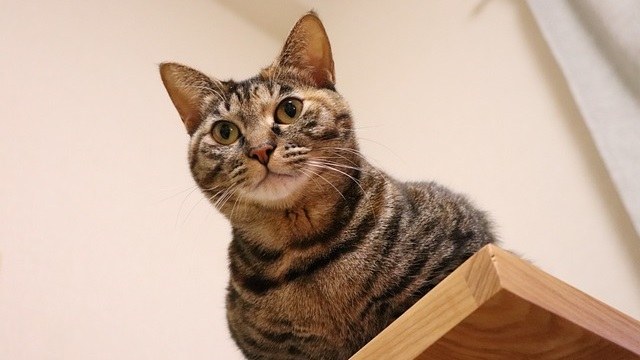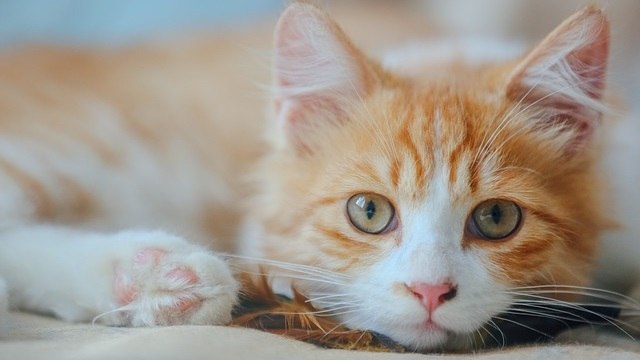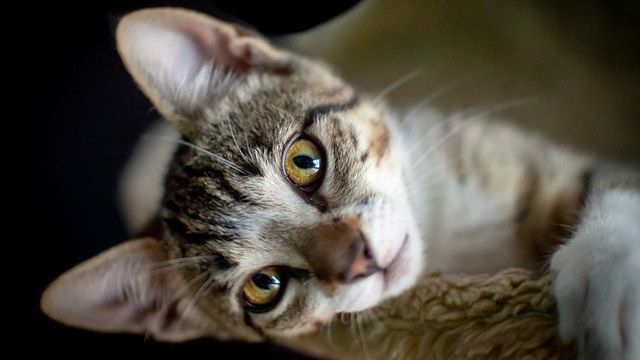A packet of white rice is found in most kitchens around the world, and this store-cupboard staple is one of those foods many of us would struggle to live without! White rice can be eaten in several different ways and forms the basis of many favorite recipes. But what about our feline friends – can cats eat white rice, or is white rice toxic to cats?
Can cats eat white rice?
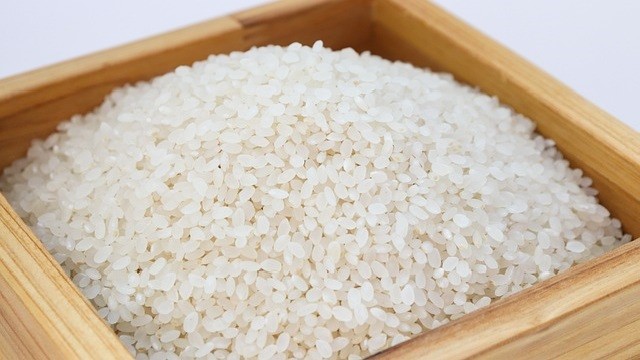
Yes, cats can eat white rice as long as it has been cooked first. It is perfectly safe to add a few grains of cooked white rice to your cat’s dinner, and most cats will enjoy eating white rice as a treat.
However, white rice is not a particularly healthy choice for cats, and it should only ever be fed as an occasional snack.
What are the health benefits of white rice?
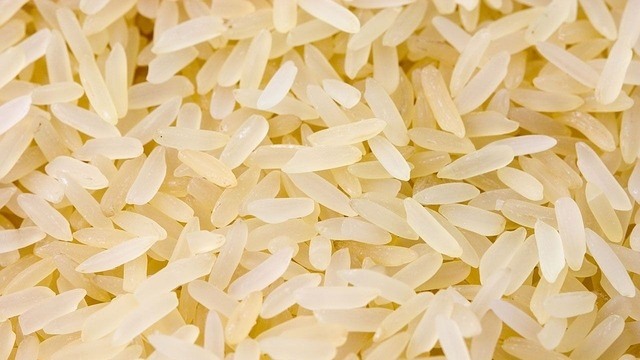
You may see commercial pet foods that contain rice, so we know there must be some health benefits! However, the type of rice commonly included in pet food is unprocessed brown rice.
When white rice is processed, it loses many of its nutritional benefits such as fiber. It is considered to be an ‘empty calorie’ filler when compared to brown rice.
This means that white rice should never make up the bulk of your cat’s diet, but when included in moderation it can bring some nutritional benefits.
Cooked white rice contains highly-digestible protein, which will satisfy hunger and keep your cat feeling full for longer.
It is also an excellent source of thiamine, pyridoxine, iron, and magnesium, helping to support the neurological system and maintain healthy muscles and bones.
What should I be aware of when offering white rice to my cat?
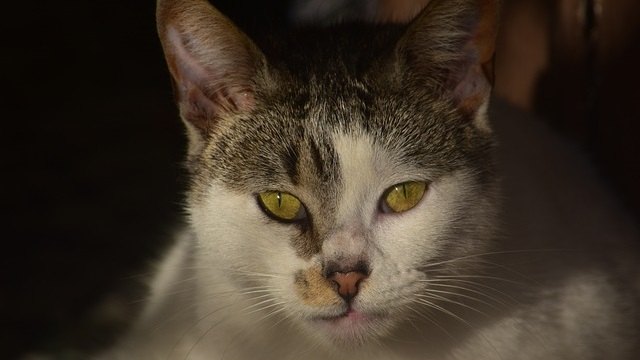
White rice should always be thoroughly cooked before it is fed to cats. Uncooked white rice is difficult for cats to digest and very unpalatable, so they are unlikely to eat it.
When cooking white rice for cats, never add extra ingredients such as onions, garlic, or tomatoes. These can be highly toxic to cats, even when fed in very small amounts.
Never add salt when cooking white rice for cats either. High levels of salt in your cat’s diet can cause salt toxicity, resulting in symptoms such as vomiting, diarrhea, dehydration, and collapse.
And finally, eating too much white rice can lead to digestive problems including bloating, gassiness, diarrhea, and constipation. Stick to just a few grains of cooked white rice in your cat’s dinner as an occasional treat.
Maven is all about proactive pet care. Be your best friend’s best friend by giving them 24/7, high-quality, industry-leading vet care to improve their mental health, physical health and more. No more frantic googling or unneeded stressful visits to the vet – Maven helps you save hundreds while also ensuring your pet lives the best life possible. Get your kit now!

